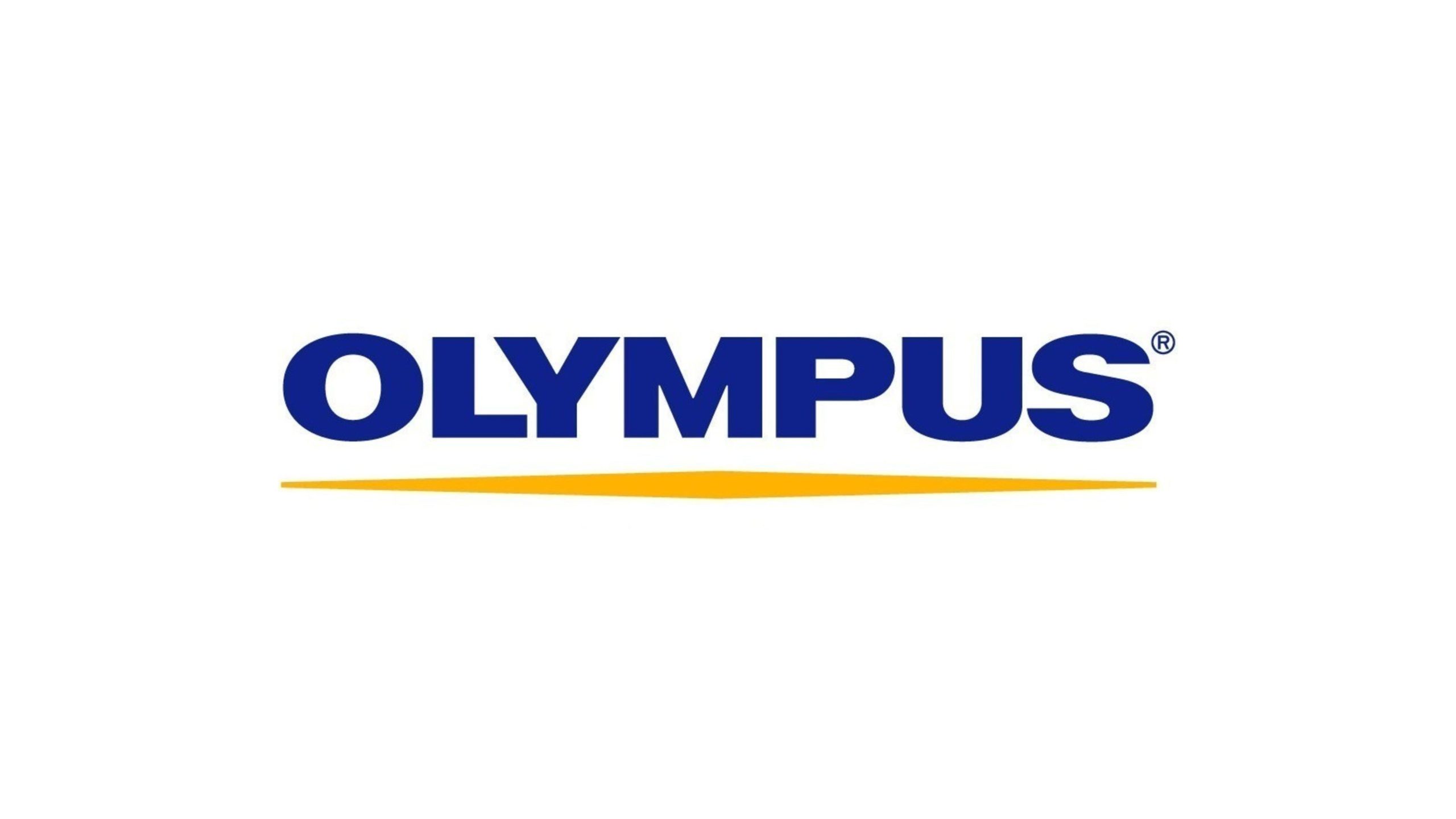AsiaTechDaily – Asia's Leading Tech and Startup Media Platform

Can Korea’s New Venture Rules Turn Fractional Trading into the Next Big Fintech Bet?
Venture capital can now flow into unlisted stock and fractional trading platforms — signalling a new phase for Korea’s digital finance ecosystem.
South Korea is quietly reshaping how venture capital interacts with regulated fintech. The Ministry of SMEs and Startups (MSS) has proposed regulatory changes that, for the first time, allow venture capital investment in platforms handling unlisted equities and fractional trading. These sectors were previously recognized as innovative but remained largely cut off from institutional funding.
With this update, platforms such as Unlisted Seoul Transactions and Kasa could gain direct access to venture capital — positioning them to grow beyond pilot projects and operate as scalable financial platforms. The amendments are currently under administrative notice until next month, with final implementation expected soon.
What the Notice Actually Does
This revision does not introduce entirely new laws. Instead, it adjusts how existing regulations are applied to ICT-based financial services. The biggest change is that unlisted stock and fractional investment platforms are being added to the exception list of financial firms eligible for venture investment. Until now, venture funds were generally prohibited from investing in financial companies unless they fell into narrowly defined fintech categories.
That rule created a funding gap: startups that received regulatory approval were still left outside the venture investment system. The new notice aims to close that gap and enable continued investment even after these startups are brought into the formal financial framework.
From Sandbox to System — and Now to Funding
This move builds on an earlier revision to the Enforcement Decree of the Capital Markets Act, which officially recognized unlisted stock and fractional trading platforms as innovative financial services. Regulators determined that these platforms operate differently from traditional financial institutions in structure, technology use, and accessibility — which justified regulatory exemptions.
However, once recognized, these platforms found themselves in an unusual position: they were acknowledged by financial regulators but restricted from receiving venture capital. The new MSS update is designed to complete that integration process and prevent promising fintech ideas from stalling just as they enter the legal system.
Why This Matters to Korea’s Startup Ecosystem
Industry experts describe this change as less of a breakthrough and more of a correction. The previous system unintentionally discouraged investment in regulated fintech, despite policy efforts to promote innovation. The latest update helps realign regulation with innovation, providing founders with clarity and investors with confidence.
While optimism exists, analysts also note that the market for unlisted and fractional assets remains small and fragmented. The real impact will depend on whether these platforms can prove their scalability and compliance capabilities.
What Fractional and Unlisted Platforms Offer
Fractional investment allows retail investors to own portions of high-value assets — ranging from buildings and art to shares of private companies — by dividing ownership into smaller tradable units. This model lowers financial barriers and gives individuals access to investment categories that were traditionally reserved for institutional players.
Unlisted stock platforms aim to digitize secondary markets for shares of private companies, bringing transparency to spaces that previously relied on informal trading networks. Both models share a common ambition: making alternative assets accessible through technology-driven platforms.
Opportunities — and New Responsibilities
For startups, the revision opens the door to fundraising opportunities that were previously out of reach. But moving into venture-backed territory also means stricter expectations around compliance, governance, and investor transparency. A regulated environment brings credibility — but also operational demands.
As the market evolves, founders will need to focus on three core priorities:
- demonstrating commercial scalability,
- building investor trust through transparency, and
- managing costs associated with regulatory compliance.
These factors will likely determine which platforms succeed and which remain experimental.
A Signal Beyond One Sector
Beyond unlisted equities and fractional ownership, this decision also signals how Korea wants to shape its broader innovation policy. Rather than isolating new financial services in regulatory sandboxes indefinitely, the government is building a pathway into mainstream finance — and making sure funding does not stop once regulation begins.
This may also set the stage for discussions around future security token offerings (STOs) and tokenized asset classes. While the notice does not directly mention STOs, the structural shift suggests that Korea is preparing a long-term strategy for regulated digital assets backed by venture capital.
A Small Change With Long-Term Impact
On paper, the MSS revision is a technical adjustment. In practice, it may become a key enabler for Korea’s next phase of fintech innovation — especially where technology meets capital markets. By aligning venture investment rules with the reality of new financial services, Korea is strengthening the link between innovation, regulation, and growth.



